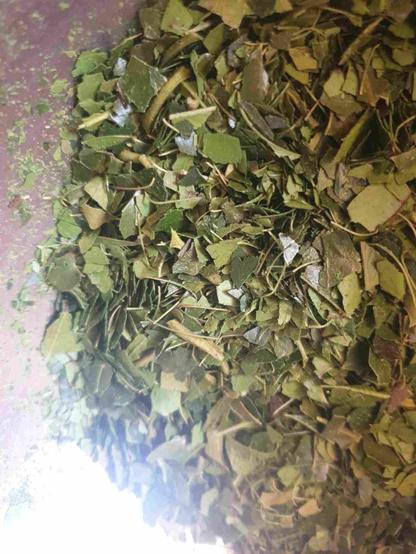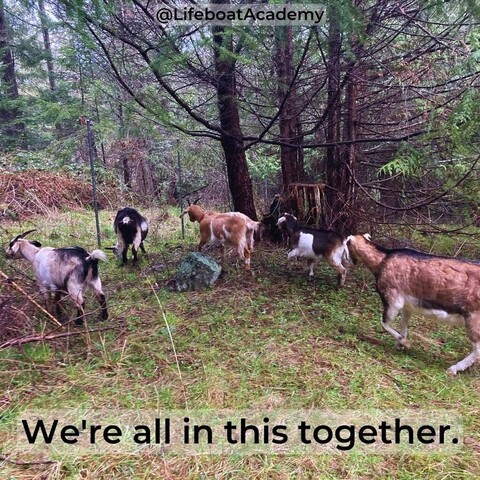// Culture and Connection to Place //
I don’t feel like I have a strong connection to place or culture. This isn’t a oh-poor-me statement, it’s just a point of fact. I am a 40 something adoptee that doesn’t really feel attached to roots, family, or home. When people talk about their ancestors, I kind of feel like I just don’t have any. I’m not sure if this is because I’ve never met my blood relatives, that I wasn’t close with grandparents, or if it’s more just a sign of being of mixed European descent: a colonizer in a post-colonial society who’s culture is has largely been defined by capitalist traditions over ancestral ones.
Beyond those reasons, though, lie some deeper ones: because I don’t feel that connection to place or ancestry, I’m missing the link which helps to define one’s culture.
Before wide spread globalisation, people used what resources they had available to them including building and clothing materials, food, tools, and more. The harvesting, building, preparing, and utilization of these resources built localised knowledge, was used in local traditions and rituals, and in doing so, defined the culture that developed specific to place.
With globalisation, we are now presented with food, resources, and materials from across the planet and are totally disconnected with how those items are grown, harvested, processed, and used in the creation of things that we consume. The choice of resource is rarely made based on proximity. It’s usually how cheap the material is to acquire, or how well it has been marketed. Often the growing and harvesting process is intentionally hidden from the end consumer when the process is unethical, either from a human rights or environmental stand point.
It feels to me that this neo-globalised western culture is almost entirely focused on consumer holidays and capitalist life events that are largely universal in the global north. Even in referring to it as “western culture” feels alienating, a term which really comprises a physical span of half the planet. There is almost no passing of knowledge from generation to generation. TBH, I have a hard time accepting the knowledge that *is* passed to me from previous generations because that knowledge has grown from a culture built on colonial ideology; one that I’m not interested in adopting or perpetuating to future generations.
Last winter I made a pledge to myself to become better connected to the place where I live, and I’m happy to report that I have taken some steps to learn more about the native plants and animals with whom I share my home. I learned to make maple syrup. I look a workshop in identifying wild edible plants. I have become well acquainted with maybe a dozen different medicinal plants and use them daily for my own health. I have learned about the soil and what it needs to be healthy. Emotionally I have embraced seasonal changes that are specific to the place where I live.
But when I think about the knowledge that native tribes had of the land around them, I recognize that I have barely scratched the surface. I still have so far to go. And the knowledge that I have gained barely counts as anything that would amount to culture. And, of course, you can’t build culture all on your own. There’s seismic shifts that need to happen, not just a building of personal knowledge.
I recently was referred to the online version of David Fleming’s Lean Logic (https://leanlogic.online) after my last post about relocalisation and I found a great quote regarding what transportation might look like in a post-capitalist economy:
---
The unanswerable question at the heart of transport is the one asked by the farm labourer standing bemused one day in the mid-eighteenth century at the side of the Liverpool-Manchester turnpike, crowded with urgently-speeding coaches: “Who would ever have thought that there were so many people in the wrong place?” (https://leanlogic.online/glossary/lean-transport/)
---
This upside-down perspective is such a great take. It begs the question: “do we really NEED to transport all these goods and people away from their homes?”
I’ve often dreamed about what a world without cars might looks like and it usually boils down to a few key changes: subsistence rather than excess, working together more closely with highly localised communities, and building location-specific knowledge from the ground up. If we can’t import food, what grows here already? If we can’t just drive to the store or the processing plant, can we get the resources we need from what’s available right here? What labour is available if we need to produce things within our community? If we can’t send our kids to school on the bus, can we create a healthy space for them within walking distance? What would trade look like? Communication? Recreation? With these images in mind, you can start to see how localised community is at the heart of it all, and how culture is birthed out of these patterns and relations.
This type of culture is so different from what we have right now. It feels so dreamy but also hazy. Capitalism is so self-perpetuating and all-consuming; it’s hard to know how to build something different. But I know there are others out there who share this dream. Maybe their version doesn’t look exactly like mine: maybe they’re just interested in local food systems or alternative education or ancestral knowledge or solarpunk technologies. Maybe they’re focused in their own niche and I think that’s perfect. I’m here for it all. I dream of a day when we can put it all together to build something new that feels connected and cohesive and rooted firmly to a sense of belonging to place.
Originally posted at https://swimupstream.substack.com
#culture #localisation #relocalisation #connection #connectiontoplace #anticapitalism #postcapitalism


